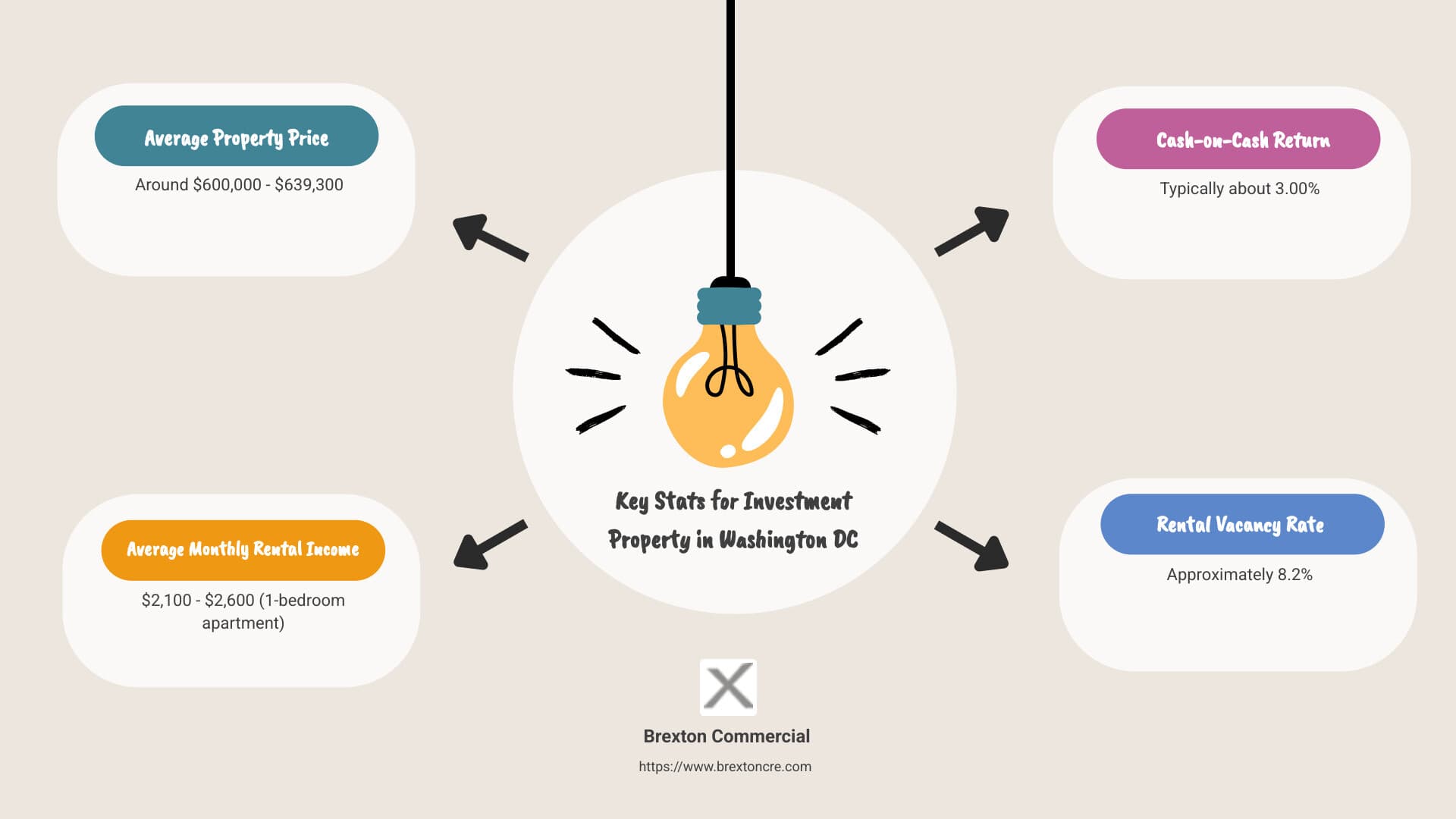Proposed Tax on Corporate Real Estate Purchases Aims to Curb Speculation

A prominent social media commentator, DCinvestor, has ignited discussion regarding housing affordability, asserting that excessive investable capital, rather than a mere housing shortage, is the primary driver of escalating home prices. This perspective suggests that wealthier individuals and corporations, engaging in real estate speculation, inflate market values, making homeownership increasingly unattainable for many. The commentary advocates for a significant policy intervention to address this issue.From the input markdown, the title is identified as the first H1 heading.The title is then removed from the content, and the remaining content is returned as is, preserving its markdown formatting. The title is returned without any markdown formatting. According to DCinvestor, the core problem is "too much investable capital in general, due to too many dollars, which end up in the hands of wealthier people and corporations who speculate in real estate which drives up prices." Research supports that speculative investment, often characterized by the acquisition of properties for short-term profit rather than primary residence, significantly contributes to price appreciation and market volatility. This activity can lead to severe economic downturns and displace residents, particularly in gentrifying areas.To counter this, DCinvestor proposes a targeted taxation approach: "the solution actually needs to look like corporations and real estate investors paying a heavy tax for any home they purchase." The proposal specifies an exemption for individuals, allowing them to "buy and own up to 1 or maybe 2 homes without paying that tax as they will actually live in it," with "everyone/everything else has to pay the tax." This aims to disincentivize large-scale, profit-driven real estate acquisitions.The impact of corporate and institutional investors in the housing market is well-documented, with private equity firms now controlling a substantial number of housing units in the U.S. These entities often outmaneuver individual buyers with cash offers, exacerbating affordability crises in high-demand urban areas. Some properties are even held vacant for price appreciation, further reducing available housing stock.Policy discussions globally have explored similar measures, including increased capital gains taxes, stamp duties on second homes or foreign buyers, and vacancy taxes, to curb speculation and stabilize prices. However, the effectiveness of such taxes can vary, with some studies indicating potential spillover effects to untaxed regions or that investment interests may persist if benefits outweigh costs. The debate continues on balancing market dynamics with equitable access to housing.